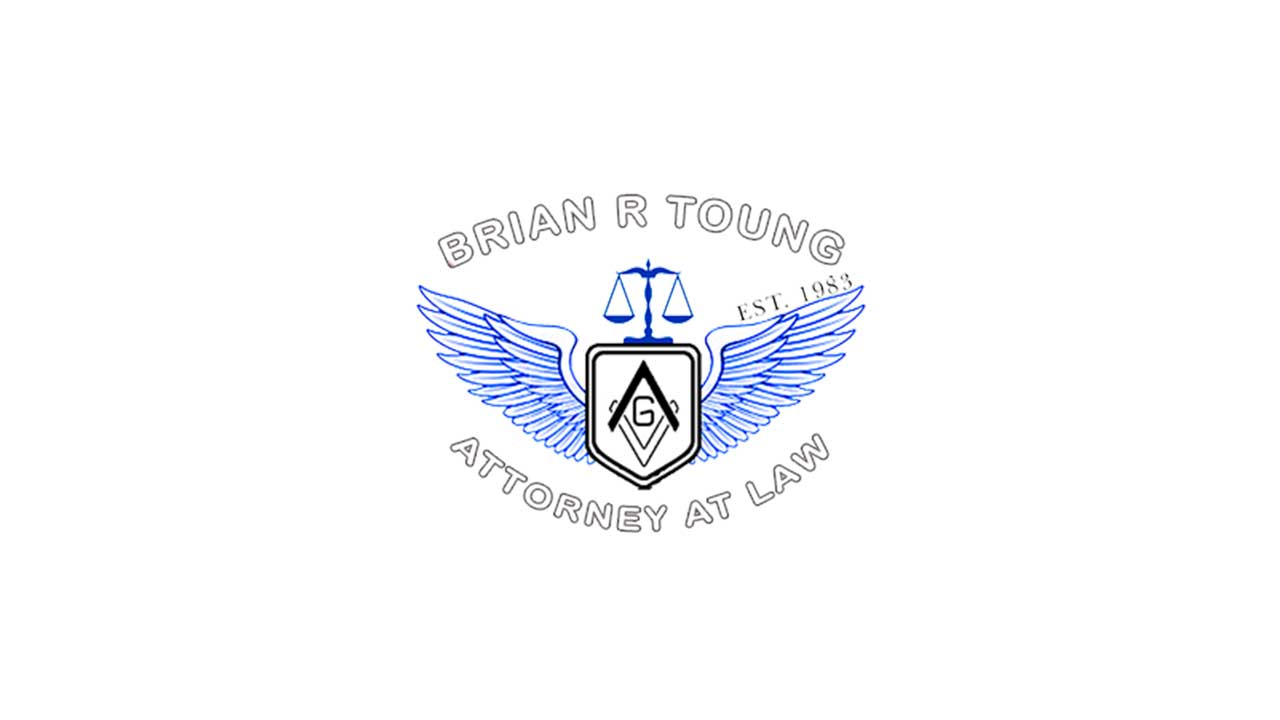In many cases, a car accident involves two or more vehicles, and occurs because of a driving error by at least one party. In these instances, the responsible parties may hold significant liability for the damages to both their own property and others’ property damaged in the accident. Understandably, this potential burden often drives each party to search out any reason they can find to avoid liability and pin it on another party or external factor.
This can prove quite difficult when it comes to single-car accidents, but is not impossible. While many single-car accidents are the fault of the driver, many may occur without error or negligence on the part the driver.
Some factors may contribute to an accident whether there is one car driver involved or five. For instance, if the vehicle has a defect, and that defect causes the accident, then the driver may reasonably claim that he or she is not at fault, although this may also require the driver to prove that the vehicle was properly maintained. Similarly, if a road features a dangerous defect or poor designed feature that contributes to the accident, a driver in a single-car accident may successful claim that he or she is not to blame.
In general, it is always important to examine all the legal options available to protect your rights after a single-car accident, even if you think in the moment that you are actually at fault. You may not have all the pertinent information, and without careful consideration, you may accept liability needlessly. Be sure to look at all the options and consider the full scope of the issue before accepting liability, to keep your interests and rights secure.
Source: FindLaw, “Single Car Accident: Am I Always at Fault?,” accessed March 09, 2018

